
Is the Family Business Subject to Equitable Distribution in Divorce?
Divorce is hard enough, but it can be even more stressful when a family business must be taken into account. If you’re an entrepreneur facing divorce, you might be wondering what will happen to the company you worked so hard to build. Importantly,...
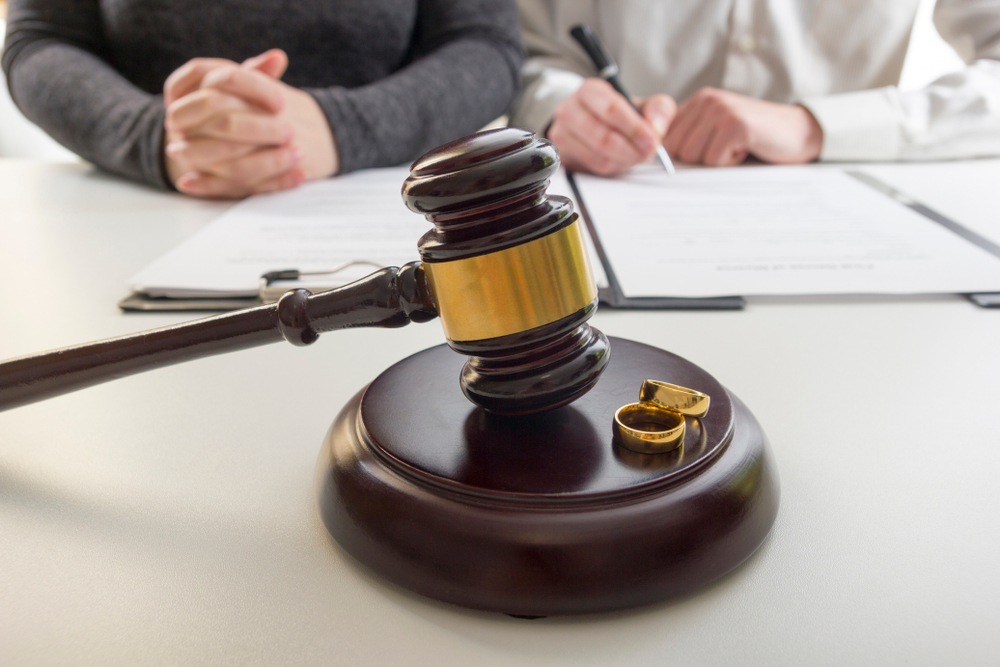
Is an Uncontested Divorce Right for Your Situation?
Whether you and your soon-to-be former spouse agree to amicably part ways or there’s a lengthy court battle ahead of you, divorce can be an emotional rollercoaster. However, it’s essential to understand that there are two types of divorce —...

Back to School Co-Parenting Tips
Back to school can be an exciting time for your child — and it can also be a stressful time for parents who are divorced or separated. Families may need to adjust to new schedules and make a few changes to the details in their parenting plans....
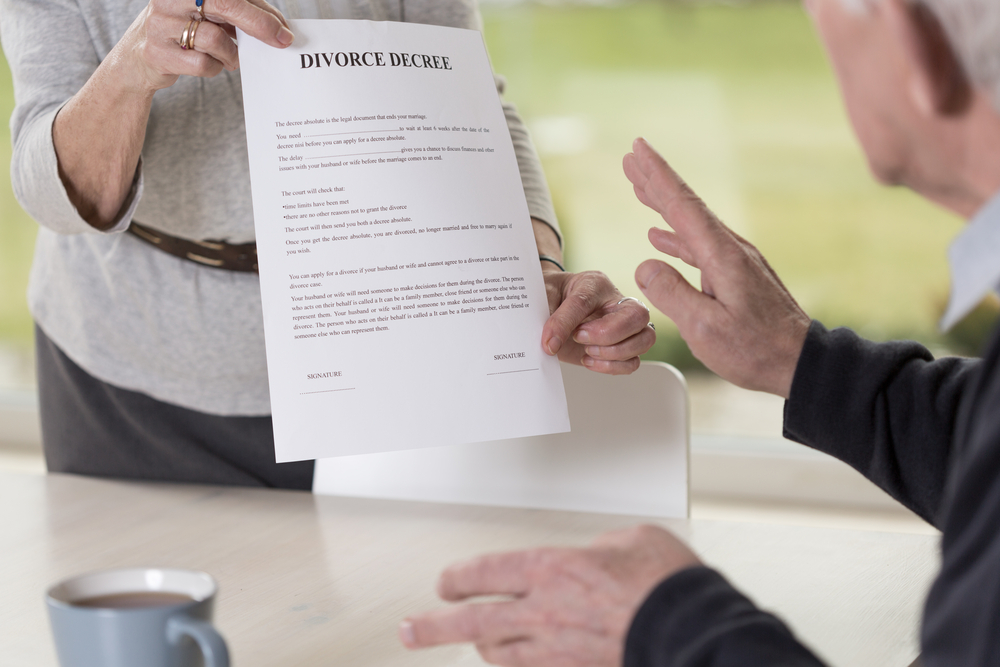
Facing Divorce After 50
Commonly referred to as “gray divorce,” ending a marriage after age 50 can be emotionally and financially overwhelming. While couples can face challenges at any age as they go through the divorce process, there are a number of unique considerations...
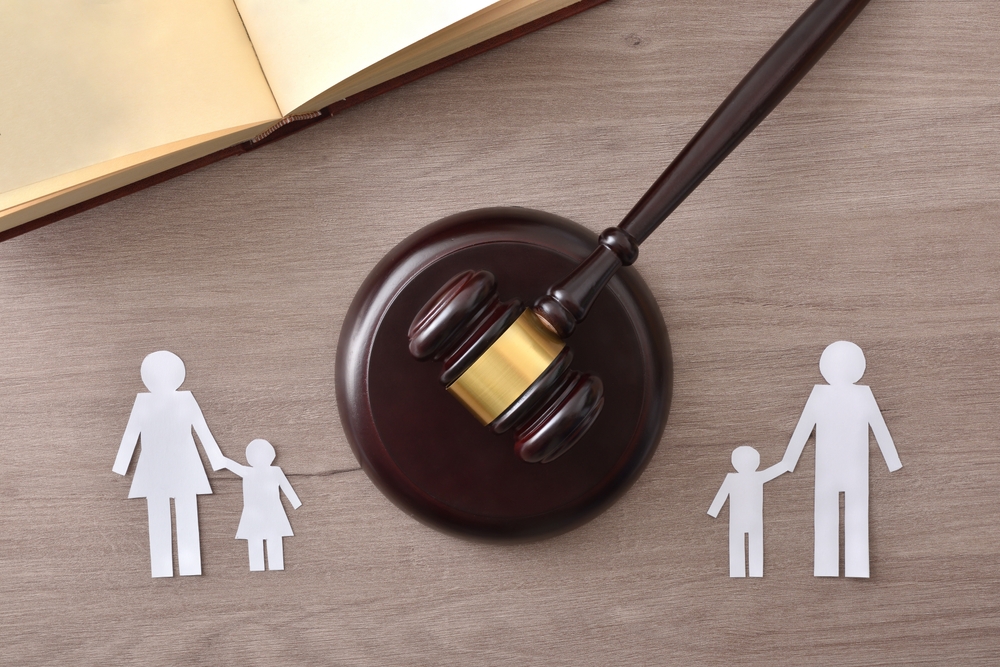
5 Mistakes to Avoid in Your Child Custody Case
Child custody matters are often one of the most stressful, overwhelming, and emotionally draining aspects of a divorce. However, it’s important to be aware that your actions and behavior can not only have an impact on your child’s wellbeing, but...

How to Prepare for a Consultation With Your Divorce Attorney
Scheduling an initial consultation with a divorce attorney may feel stressful and emotionally overwhelming. You might be wondering what types of questions you should ask, what documents you should bring, and what concerns you should raise. After...
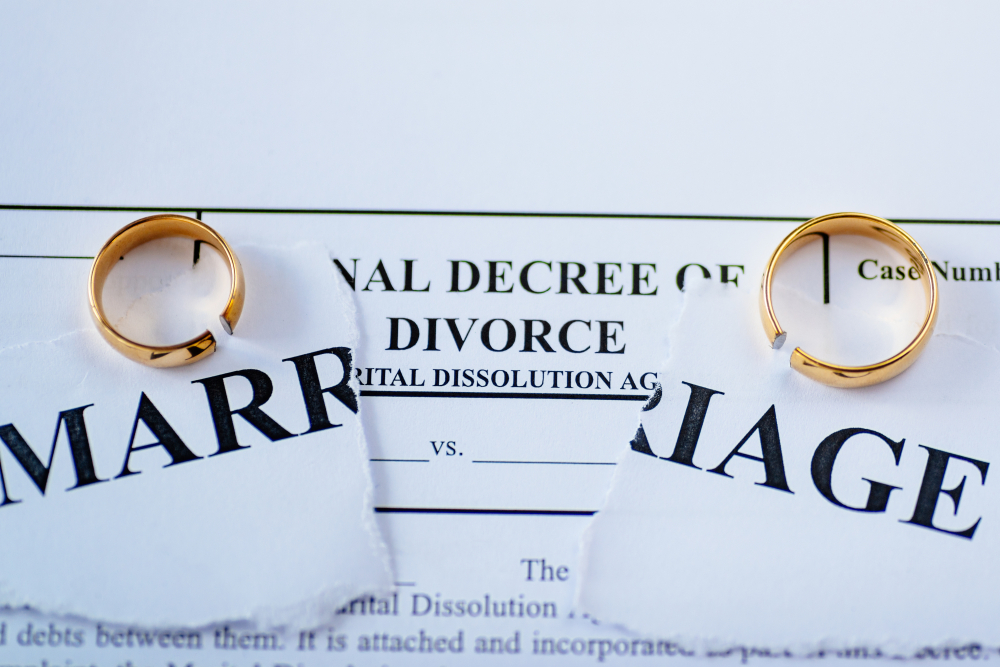
What to Do When You’ve Been Served with Divorce Papers
Whether you were expecting to receive divorce papers or they took you by surprise, being served with the process can be overwhelming and stressful. It’s important to be aware that there are certain steps you should take to ensure your rights are...

4 Mistakes to Avoid in a High-Asset Divorce
A high-asset divorce is one that typically involves one million or more in assets that are subject to division. While many couples who have high net worth might enter into a prenuptial agreement before the marriage, this document might not exist if...

What to Expect During the Divorce Process
If you’ve been served with divorce papers or you’re thinking about ending your marriage, you likely have a lot of questions. But first, it’s important to understand that divorce in real life is not like what you see on television. There are no...
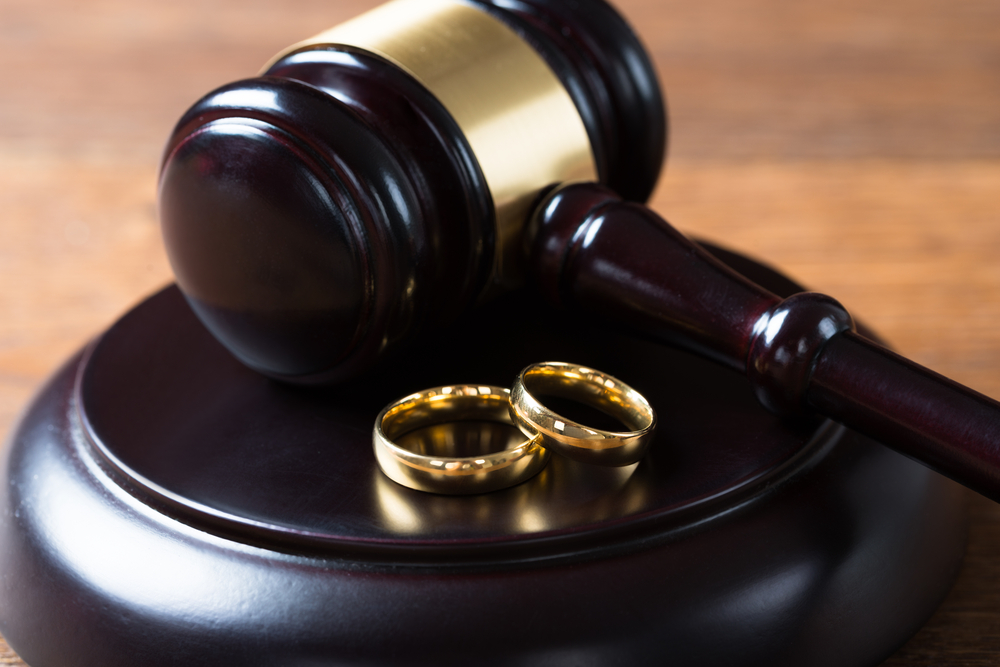
Are Divorces Always Litigated?
Every divorce case is unique. While many cases involve litigation — especially those that are contentious — a lengthy court battle isn’t necessary in all situations. In fact, there are several alternatives to divorce litigation that can help the...
